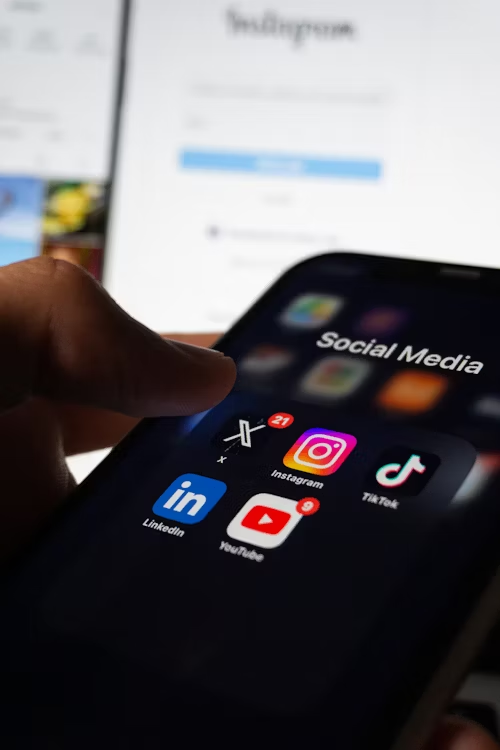Elon Musk’s platform X is making significant changes to its blocking feature. In the updated version, blocked accounts will still be able to view a user’s public profile and posts, but they won’t be able to interact with the content. Musk has long criticized the traditional blocking system, arguing that it doesn’t effectively protect users from harassment, as bad actors can easily bypass blocks using alternative accounts or private browsers.

While Musk views the change as necessary, critics argue that blocking remains a vital first line of defence against online abuse. Many X users, particularly those facing harassment or doxxing, see blocking as a key tool for personal safety. The platform’s decision has sparked backlash, with users concerned about increased vulnerability to stalking and abuse.
Blocking has been especially important for marginalized communities, including LGBTQ users, who already face heightened risks online. GLAAD’s 2024 Social Media Safety Index identified X as the least safe platform for LGBTQ individuals. Advocacy groups like the Trevor Project recommend blocking as a way to set boundaries and limit harmful interactions.
Young users, too, are likely to be impacted. Studies show that teens rely heavily on blocking to protect themselves in digital spaces, especially when dealing with harassment. Removing this feature could leave them more exposed to harmful interactions.
As X moves forward with these changes, questions about the platform’s commitment to online safety continue to grow, particularly in the face of mounting criticism from users and advocacy groups alike.
Read More: How to Use Social Media for Business Growth


